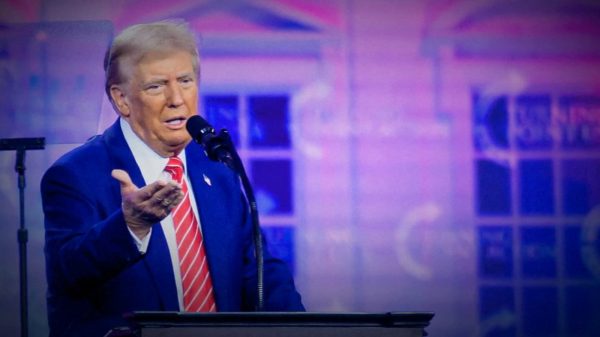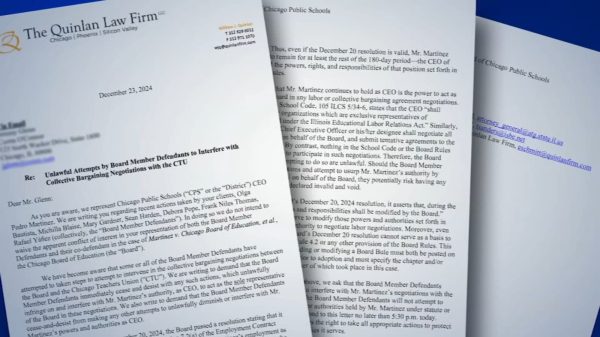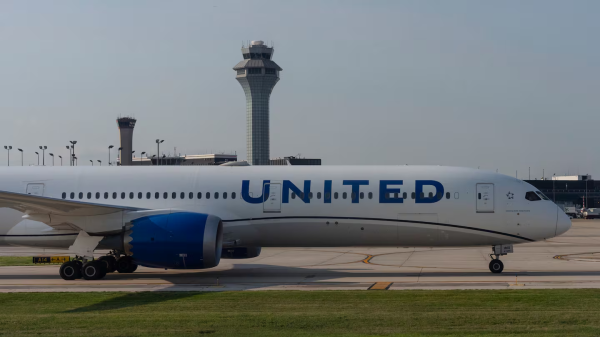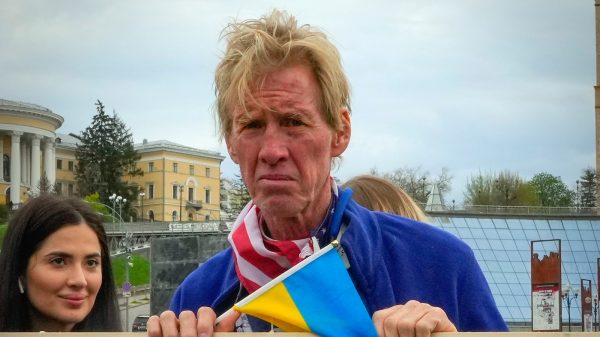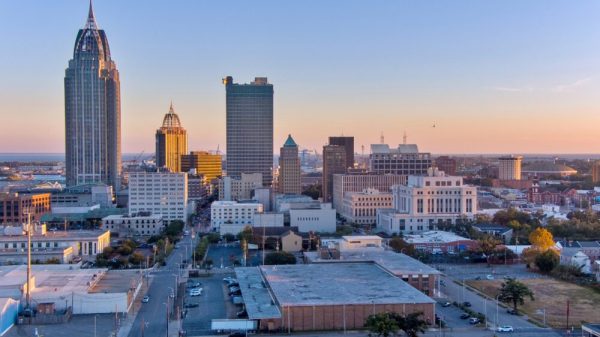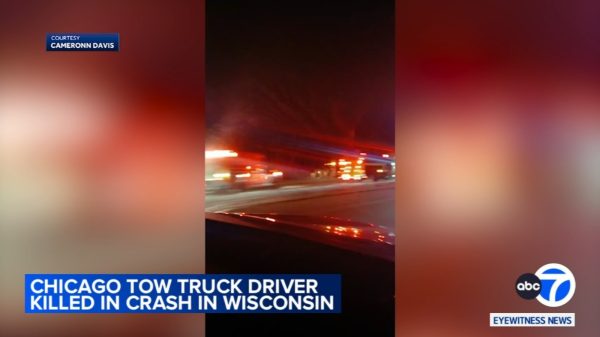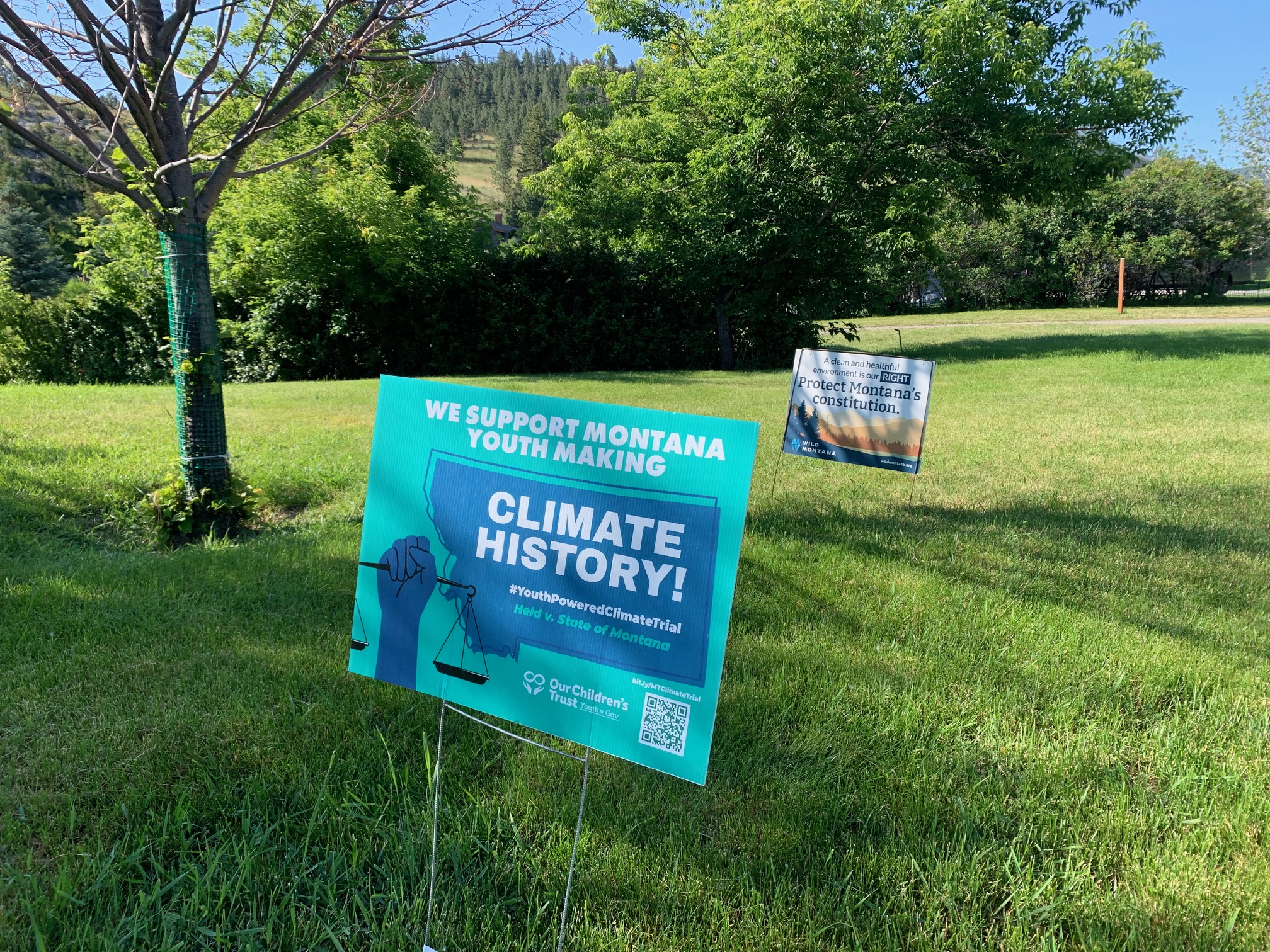In Montana’s unprecedented climate trial, 16 teenage residents are suing the state for failing to protect the environment. As similar legal challenges arise in other jurisdictions, this landmark case has far-reaching ramifications.
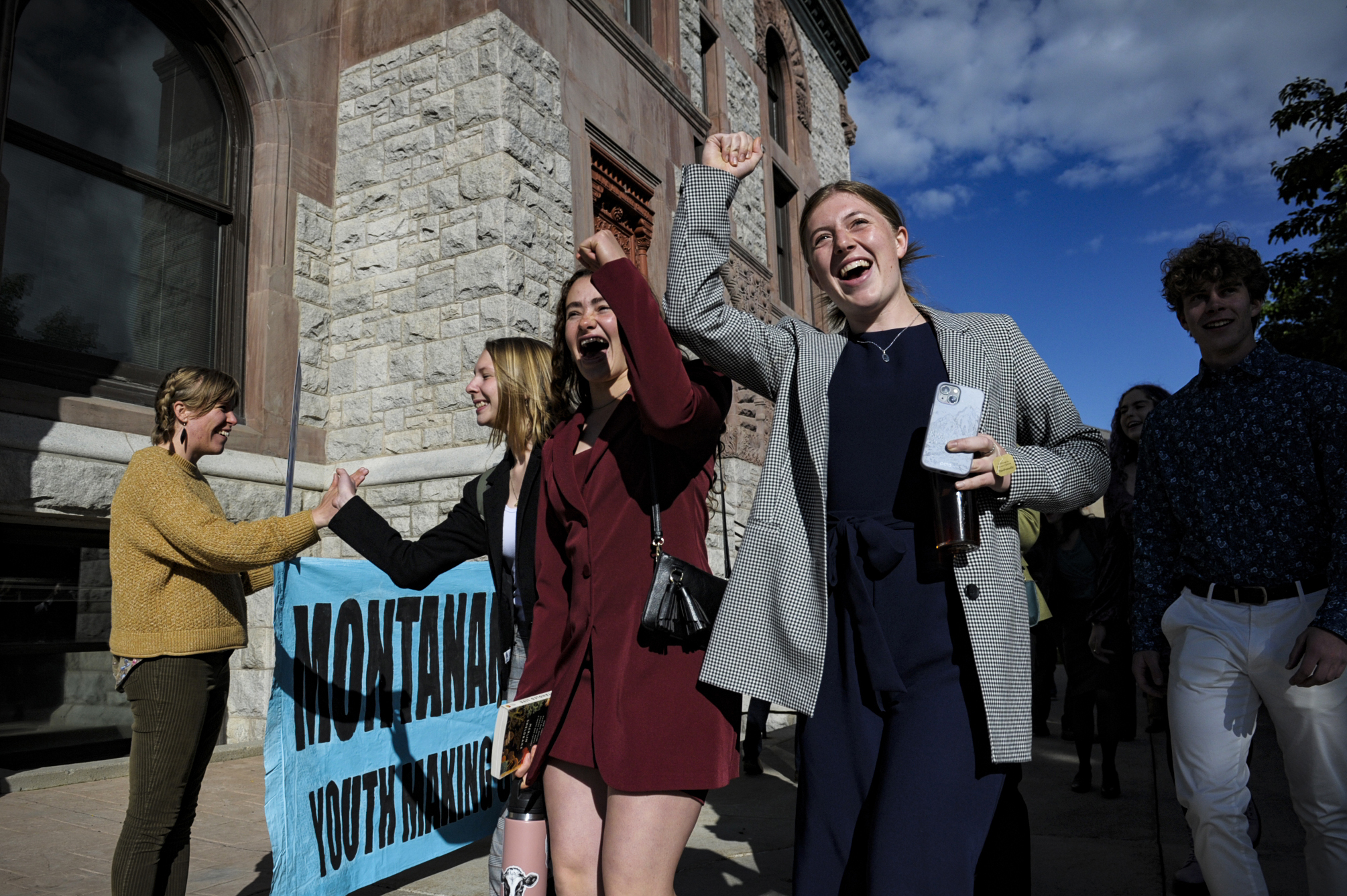
Photo from The Washing Post
Montana’s Climate Battle: Supreme Court Rejects Second Attempt to Halt Landmark Case
Montana’s second attempt to stop a landmark climate change case was rejected by the Supreme Court. A district court decided against the Gianforte government earlier this year in a complaint brought by teenage citizens. Even though the state sought a halt, the Supreme Court upheld the district court’s favorable verdict for the plaintiffs 2-5.
This is the state’s second delay attempt. Judge Kathy Seeley refused the request, therefore the Supreme Court heard it since there was no irreparable injury. On Tuesday, the Supreme Court upheld the trial court’s decision, saying it did not act arbitrarily or beyond reasonable limitations. Jim Rice and Dirk Sandefur of the five justices dissented.
Judge Seeley’s ruling earlier this year started Held v. Montana. By providing Montana Environmental Policy Act licenses without considering greenhouse gas emissions and climatic implications, the state violated the plaintiffs’ fundamental right to a “clean and healthful environment.” This initial triumph for climate change campaigners garnered national and worldwide attention.
READ ALSO: Ex-Police Officer Buys A Sex Toy And Raped A 14-Year-Old Girl In Kentucky
Supreme Court Rejects Delay as Legal Battle Heats Up
Remember that the latest Supreme Court ruling is just an early view until the complete case is heard. In the unclear legal landscape of environmental rights and climate change, Gov. Greg Gianforte and various state departments appealed to the Supreme Court to delay the lower court’s judgment.
State counsel argued that hasty adjustments were unworkable and beyond the court’s power. This argument was insufficient, the Supreme Court noted, because the state failed to explain the hardship of reimplementing greenhouse gas emission analysis procedures.
Youth plaintiffs and their counsel contested the state’s stay request, arguing that the state violated legal procedure and emphasized the need to solve environmental issues for a sustainable future. The case has drawn international attention to constitutional rights and climate change in the courts.


